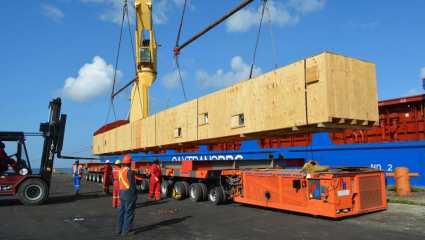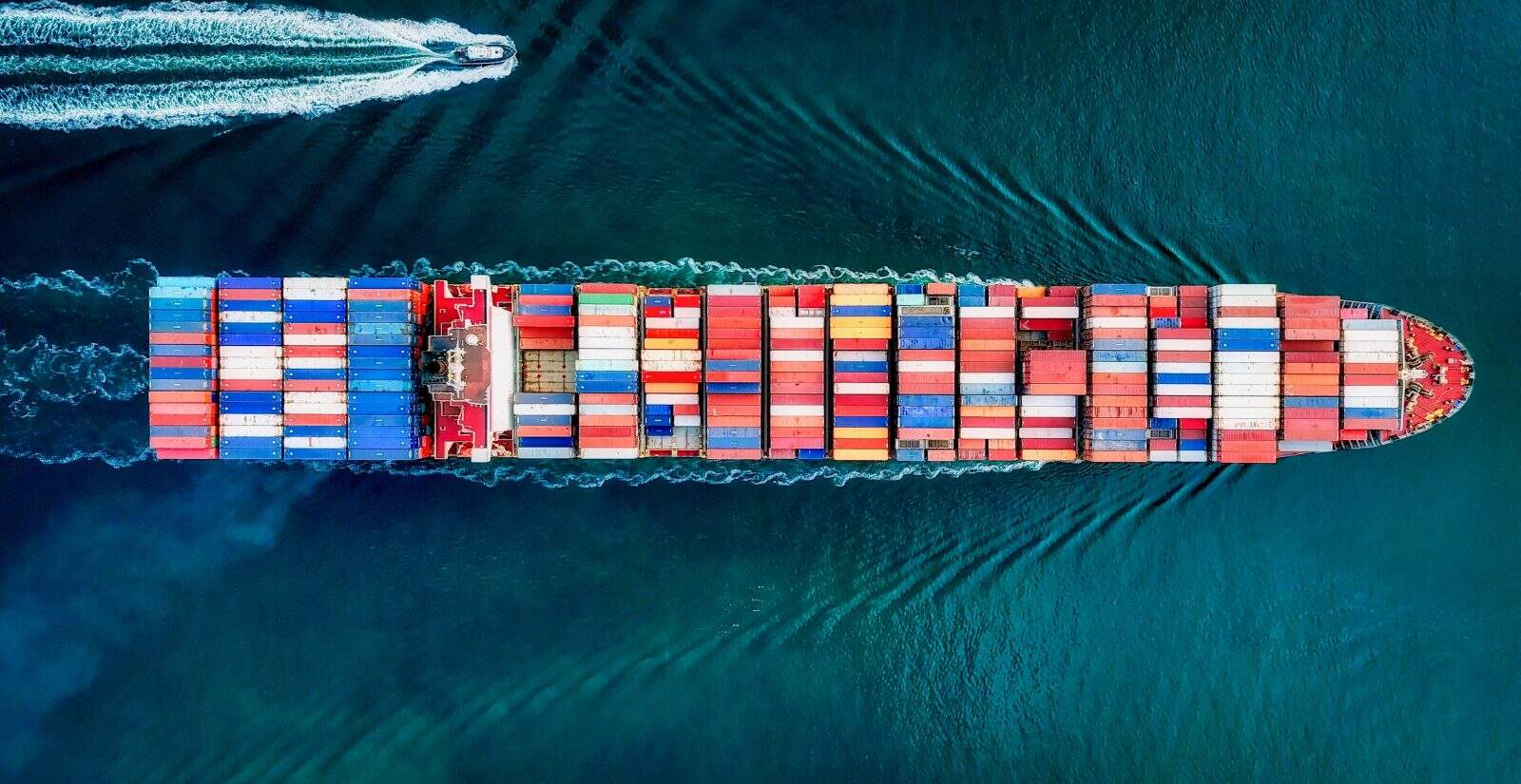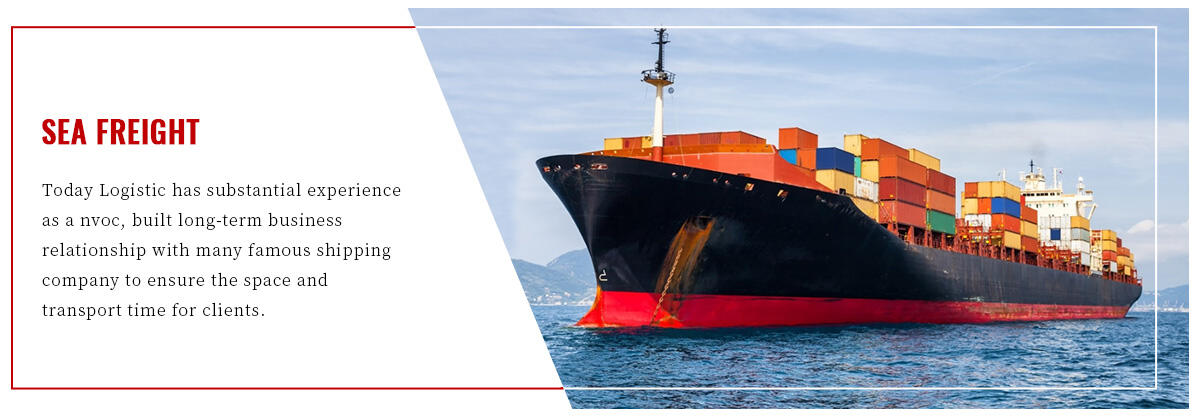international sea freight
International sea freight represents a cornerstone of global trade, facilitating the movement of vast quantities of goods across oceans and continents. This transportation method utilizes sophisticated container ships and specialized vessels designed to carry various cargo types, from standard containers to bulk materials and liquid cargo. Modern sea freight operations incorporate advanced tracking systems, enabling real-time monitoring of shipments and providing crucial data about location, temperature, and handling conditions. The industry employs standardized containers measured in Twenty-foot Equivalent Units (TEUs), ensuring efficient loading, unloading, and intermodal transport compatibility. These operations are supported by an extensive network of ports, terminals, and logistics centers worldwide, equipped with state-of-the-art cranes and handling equipment. The system relies on complex scheduling and routing algorithms to optimize vessel deployment and minimize fuel consumption while maintaining reliable delivery schedules. Environmental considerations have led to the implementation of cleaner fuel technologies and more efficient vessel designs, reducing the carbon footprint of maritime transport. The integration of digital documentation and blockchain technology has streamlined customs clearance processes and enhanced supply chain transparency.


